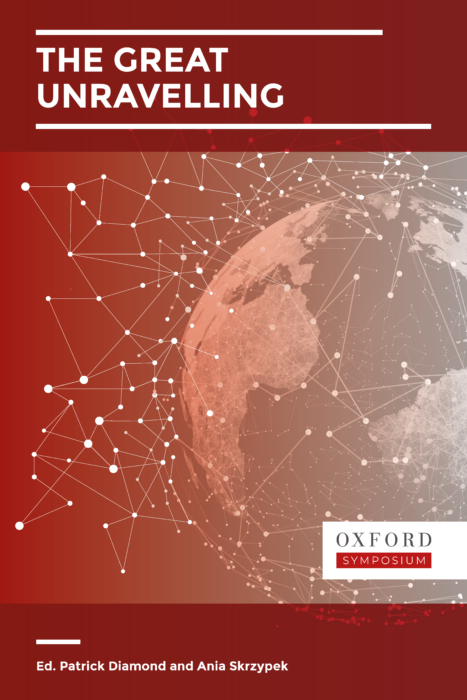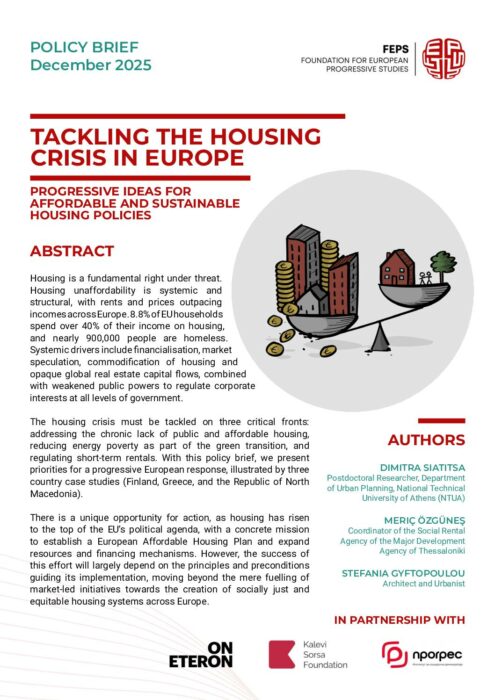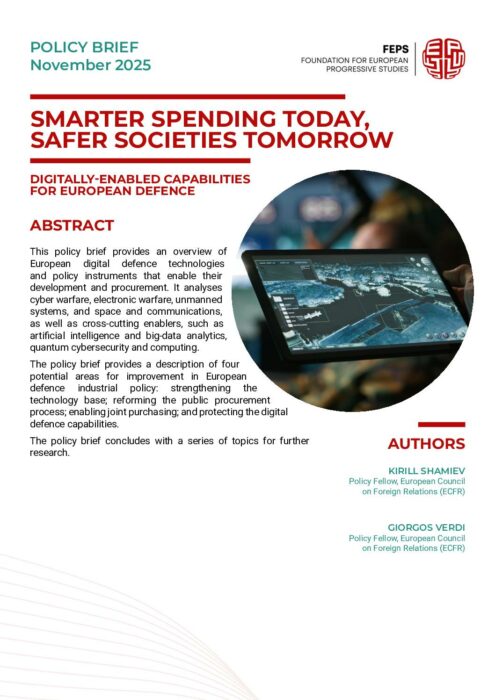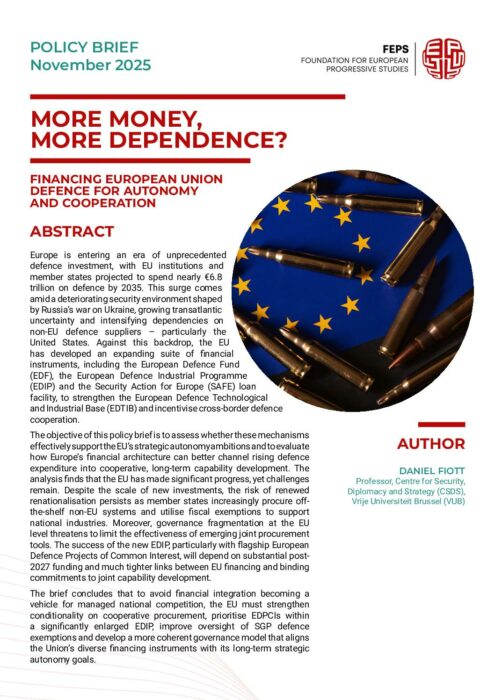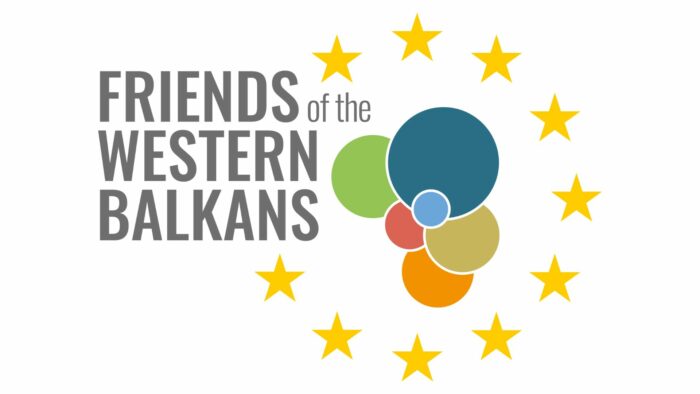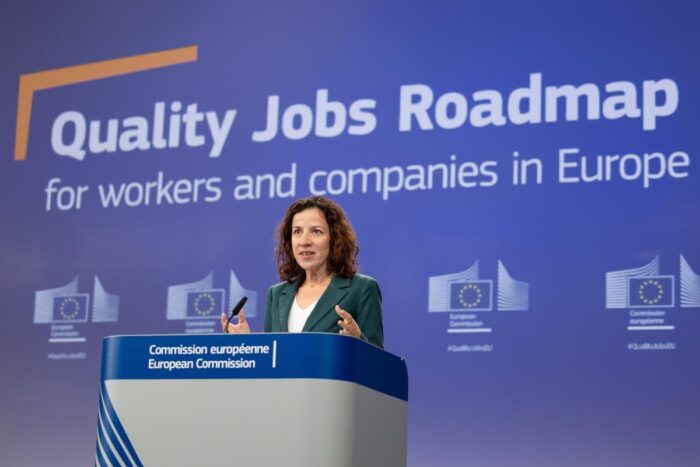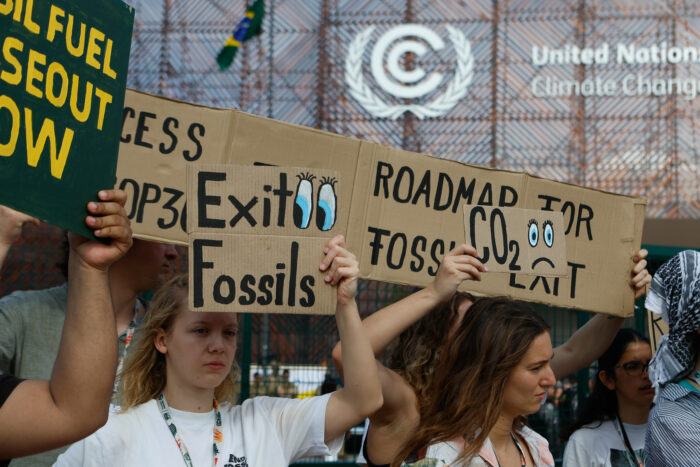Find all related publications
Publications
Find all related Audiovisual
Audiovisual
Find all related news
News
Find all related in the media
In the media
Liberal democracy’s social, societal fabric under threat – Live from the EPC Annual Conference 2025
by EPC 08/12/2025
Los mapas de las fronteras internas que alimentan el voto ultra en Europa
by El Confidencial 13/10/2025

